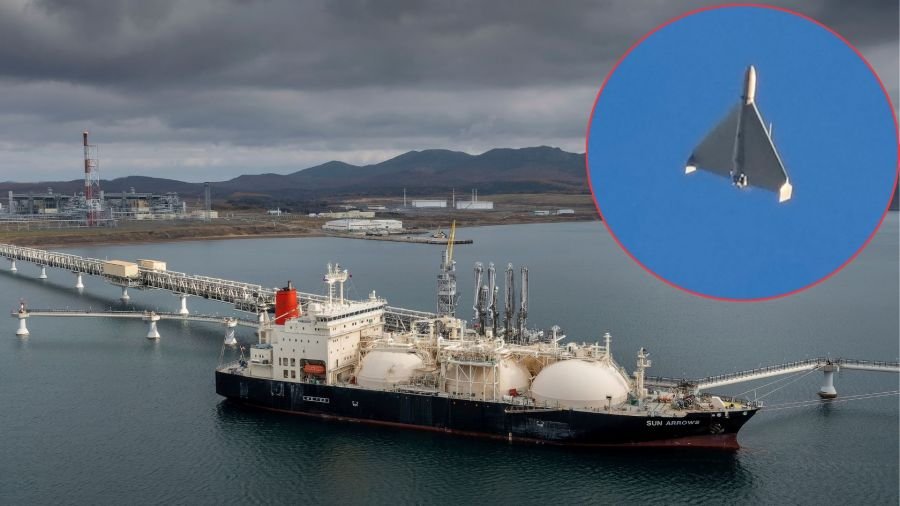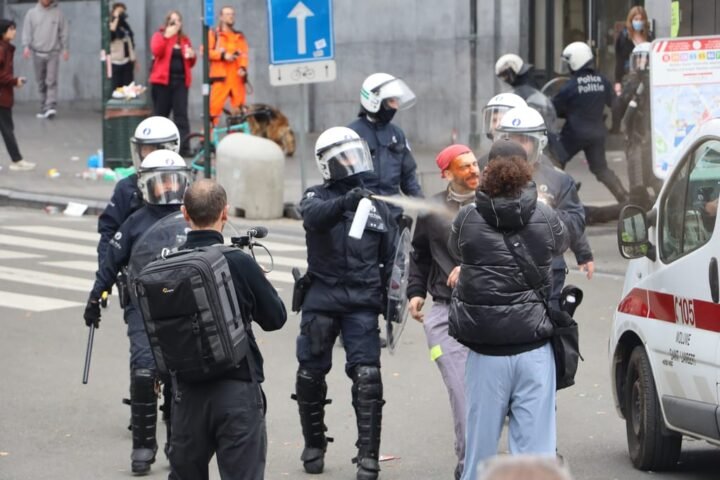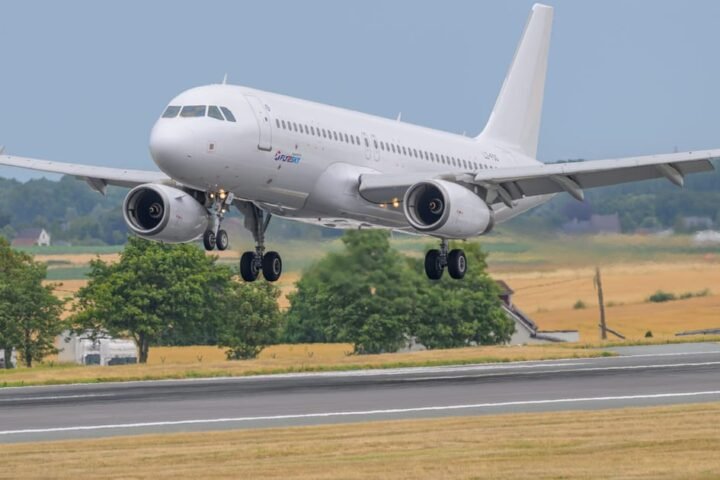Polish National Security Bureau head Sławomir Cenckiewicz told The Financial Times on October 13, 2025, that Russia is deploying its so-called “shadow fleet” to launch drones into European airspace. Intelligence from Poland, Denmark, Germany, and Norway reportedly confirms that old Russian tankers, often used for smuggling oil, are being repurposed for unmanned reconnaissance missions.
Widespread drone incidents disrupt European airports
Since the appearance of Russian drones over Poland on September 10, multiple European countries, including Denmark, Germany, Estonia, Lithuania, France, Sweden, Belgium, and Romania, have reported aerial incursions. At least 15 airports temporarily halted operations. Danish airports in Copenhagen and Aalborg were among the first affected, followed by disruptions near Oslo and Brønnøysund. Unidentified drones were also observed near military facilities and munitions storage sites, highlighting potential intelligence or sabotage objectives.
Hybrid threats and cyber operations
Cenckiewicz noted that Russian cyber operatives are conducting extensive cyberattacks against Poland, while intelligence services hire agents paid in cryptocurrency to carry out sabotage. Drone launches from Russian vessels allow Moscow to conduct hybrid operations without assuming official responsibility, testing how quickly NATO and EU agencies coordinate responses and revealing potential weaknesses in European defenses.
Political and security implications for the EU
Cenckiewicz’s statement marks one of the first direct links drawn by a European official between Russia’s “shadow fleet” and hybrid operations against Europe. Such incidents strengthen the case for EU-level monitoring, sanctions, and countermeasures targeting the shadow fleet. The European Parliament’s October 8 resolution also attributed responsibility to Russia for these drone incursions. German Chancellor Friedrich Merz and Ukrainian President Volodymyr Zelensky have similarly pointed to Russian involvement in drone activity over Europe.
Need for coordinated European response
The systemic nature of the attacks, spanning over ten countries, underscores the urgency of a consolidated European early-warning system. Beyond symbolic statements, effective EU measures may include joint intelligence operations, enhanced maritime monitoring, and stricter oversight of Russian vessels. Without coordinated action, Russia could continue exploiting the grey zone between war and peace to pressure and destabilize EU member states.
Civil aviation and infrastructure risks
Drone activity near critical infrastructure, including military bases, oil depots, and water systems, poses risks to both national security and daily operations. Even brief airport shutdowns disrupt flights, logistics, and economic activity. Close encounters between drones and commercial aircraft could escalate into serious accidents, underlining the importance of preventive measures.










